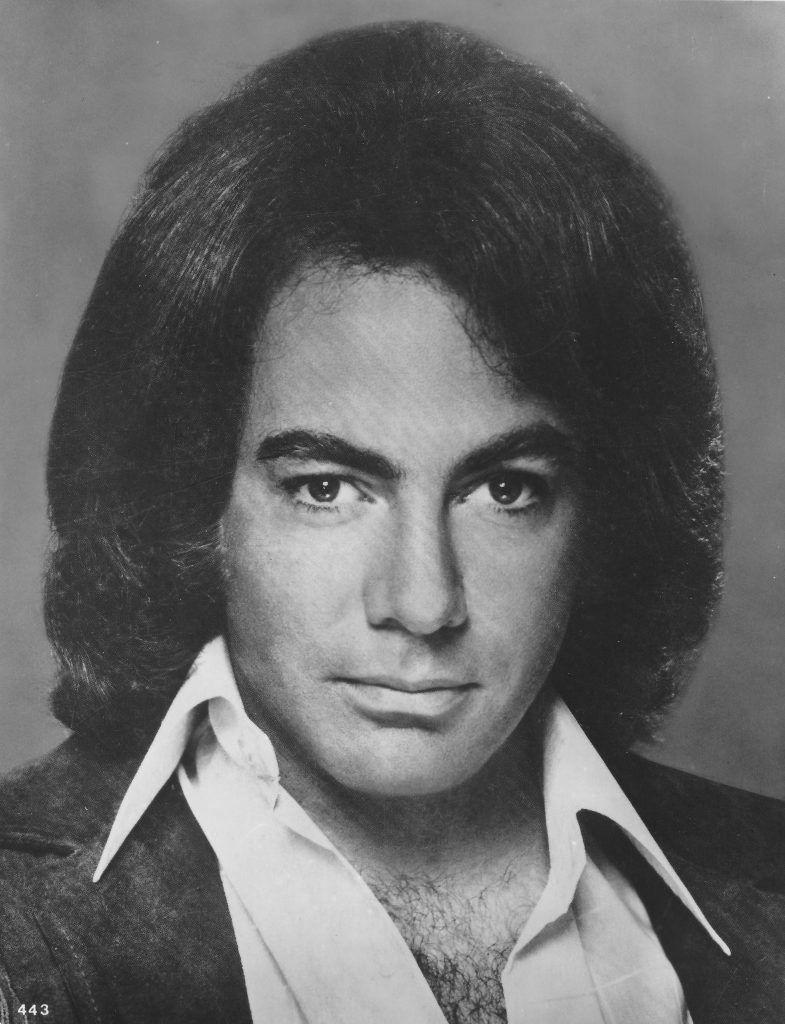
A Timeless Melody of Longing and Transition
In the rich tapestry of Neil Diamond‘s illustrious career, few songs resonate with the same poignant blend of tenderness and anticipation as “Girl, You’ll Be a Woman Soon.” Released in 1967, this evocative ballad captured the hearts of many, climbing to number 10 on the Billboard Hot 100 chart. Its timeless appeal lies not just in its melody but in the heartfelt narrative it weaves—a story of change, yearning, and the bittersweet passage from girlhood to womanhood.
To understand the depth of this song, one must first appreciate the context in which it was crafted. The late 1960s was a period rife with cultural upheaval and transformation. In many ways, “Girl, You’ll Be a Woman Soon” mirrors these societal shifts through its exploration of personal growth and transition. Neil Diamond, a masterful storyteller, penned this song with an acute sensitivity that speaks to anyone who has ever stood on the precipice of change.
The song’s lyrics are imbued with a tender urgency, reflecting a young man’s deep affection and a subtle plea for understanding from his beloved. As he acknowledges her imminent transformation into womanhood, there’s a palpable sense of longing—a desire to remain connected even as time inexorably moves them forward. This duality of holding on while letting go is something that resonates deeply with listeners who have experienced similar transitions in their own lives.
Musically, “Girl, You’ll Be a Woman Soon” is a testament to Diamond‘s ability to fuse emotion with melody. The arrangement is simple yet powerful, allowing the raw emotion in his voice to take center stage. His delivery is both earnest and sincere, drawing listeners into a shared experience of nostalgia and reflection. It’s no wonder that this song has endured across generations, continually finding new audiences who connect with its universal themes.
The story behind “Girl, You’ll Be a Woman Soon” is as compelling as the song itself. Written during a prolific period in Diamond‘s career, it reflects his growing maturity as an artist. While many of his contemporaries were exploring psychedelic sounds and experimental genres, Diamond remained true to his roots—crafting songs that spoke directly to the human experience. This authenticity is perhaps why his music continues to resonate so strongly today.
Over the years, “Girl, You’ll Be a Woman Soon” has been covered by numerous artists, each bringing their own interpretation to this classic piece. One notable rendition by the band Urge Overkill in 1994 introduced the song to a new generation when it was featured prominently in Quentin Tarantino’s iconic film Pulp Fiction. This version injected a fresh energy into the song while preserving its core emotional impact—a testament to its enduring appeal.
For those who first heard Neil Diamond‘s original recording back in 1967, listening to “Girl, You’ll Be a Woman Soon” can evoke powerful memories. It may transport them back to their own youth—to moments of love discovered or lost, to dreams realized or deferred. For others encountering it for the first time today, it offers a window into another era while still speaking directly to contemporary experiences of growth and change.
In essence, “Girl, You’ll Be a Woman Soon” is more than just a song; it’s an emotional journey that captures the essence of life’s transitions with grace and sensitivity. As you listen to its haunting melody and thoughtful lyrics, you may find yourself reflecting on your own path—from where you’ve come and where you’re headed—as you navigate the ever-evolving landscape of life.
In celebrating this enduring classic by Neil Diamond, we are reminded of music’s unique power to transcend time and space—connecting us across generations through shared stories of love, loss, and hope for what lies ahead.
